Outgoing minister warns of ‘vulnerable’ Switzerland

Last week, Doris Leuthard announced she would be leaving the Federal Council at the end of the year. The media reported that she had “struggled with tears”.

It’s important not to miss her very clear message: “Our country is strong, but it has become more vulnerable.” She was referring to international interdependence.
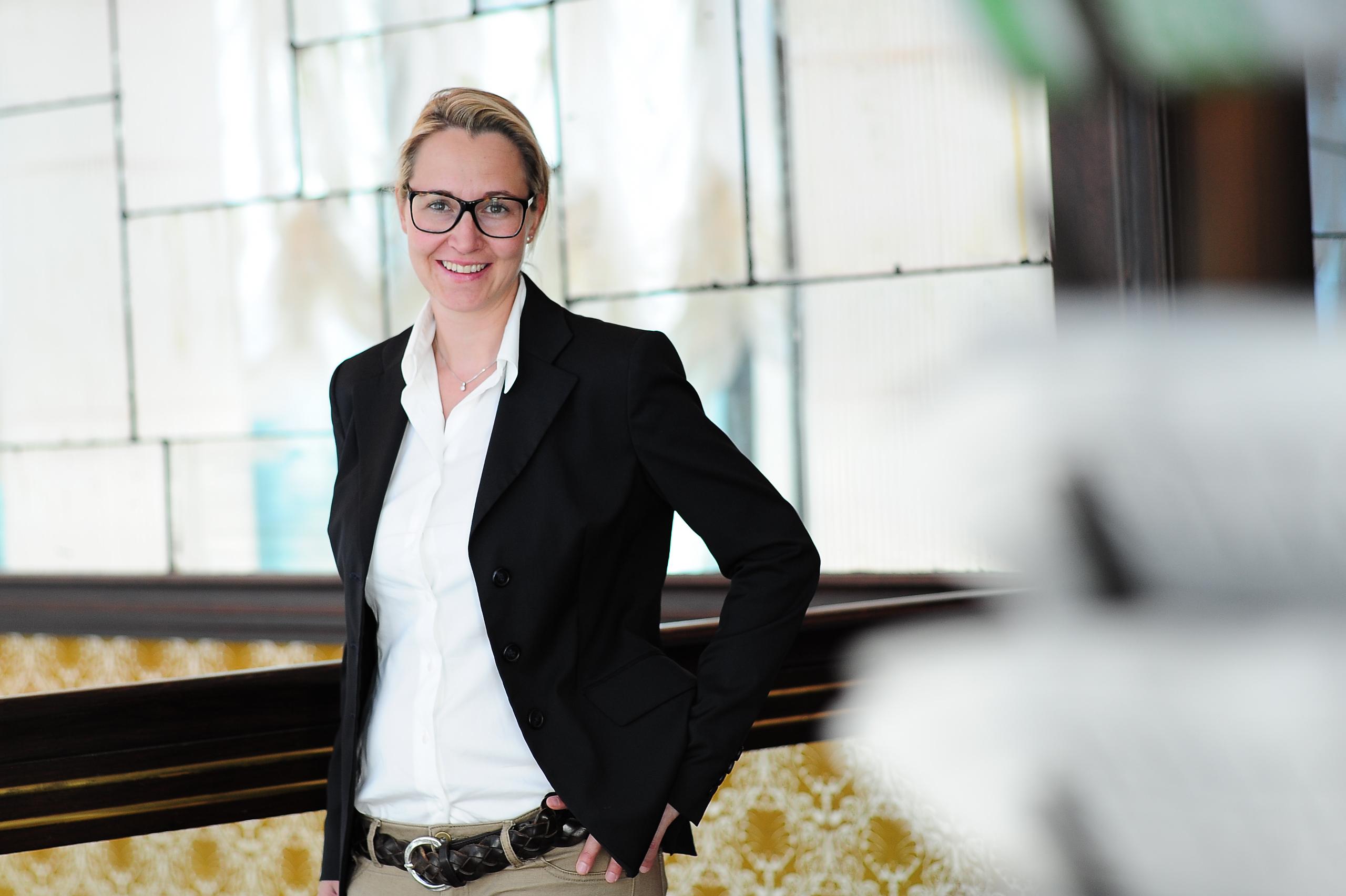
The work of the federal councillors has changed a lot over the past 12 years. “We have many questions that we can no longer answer from a Swiss perspective,” said the longest-serving of the seven current cabinet ministersExternal link.
External forces have a very strong influence on Swiss politics, Leuthard noted. “It is a fallacy to believe that we can control everything ourselves.” Switzerland is exposed to a variety of external factors. Both the Federal Council and Parliament, she said, must increasingly familiarise themselves with more complex issues while constantly integrating these external influences on our country into finding solutions. In addition, politicians need to travel often and be well connected.
Leuthard is appealing to a nation that, it must be noted, recognised very early on what has become a must in the globalised world: maintaining relationships, expressing connectedness and creating commitment. As a nation with four language regions, finding a balance of interests between the different needs and cultures is part of our country’s DNA.
Switzerland has created framework conditions that can be scaled up based on this proven foundation. And even if it is ambivalent, one of Switzerland’s strengths lies in its intercultural exchange. Switzerland has a tradition of what the globalised world is demanding from other countries. Switzerland has played a pioneering role here. Are these times over?
‘Switzerland doesn’t have a monopoly on uniqueness’
Long ago, Switzerland elevated the status of special case to a dogma – and this is reflected above all in uncertainty in dealing with global challenges. Ursula Plassnik, the Austrian ambassador to Switzerland and former foreign minister of our neighbouring country, says it clearly: “Anyone who finds it difficult to see that their neighbours also have useful political systems is also less motivated to get involved in the major European issues of the future.”
She adds: “Switzerland doesn’t have a monopoly on uniqueness: of the 193 member states of the United Nations, each one quite rightly considers itself unique or a special case, from Afghanistan to Zimbabwe.” That can’t just be seen as a sideswipe. It should make people listen up, especially considering that an ambassador criticising a host country is a real taboo in diplomatic circles.
One thing is certain: globalisation, the increasingly dense international interconnectedness, redistributes opportunities and risks. Sometimes at breakneck speed. Novartis is cutting about 2,000 jobs in Switzerland. Emotions do not matter here. For some time, China has had a firm grip on Switzerland. Leuthard’s reminder should certainly be seen as a warning. For Switzerland, staying up to date is time-consuming because it is not a member of the EU, the G20 or NATO.
In other words, a global vision of Switzerland – international networking – has to be a survival strategy for Switzerland. The increasingly dense international interdependence of the economy, politics, science and culture will determine the future of Switzerland. What’s left?
Education and soft power
What’s left is the resource of education and its implementation in innovation. Plus soft power, independence and credibility, security and stability, participation and democracy, the rule of law – these are strengths that Switzerland’s history makes available to us. These do not make us unique, but they are prerequisites for Switzerland to play a significant role in the international community.
Furthermore, the role of the free media cannot be overstated. What Doris Leuthard really wanted to say to us was probably less a thank you than this: let’s use our independence as a strength. And let’s use it quickly.
Translated from German by Susan Misicka

In compliance with the JTI standards
More: SWI swissinfo.ch certified by the Journalism Trust Initiative
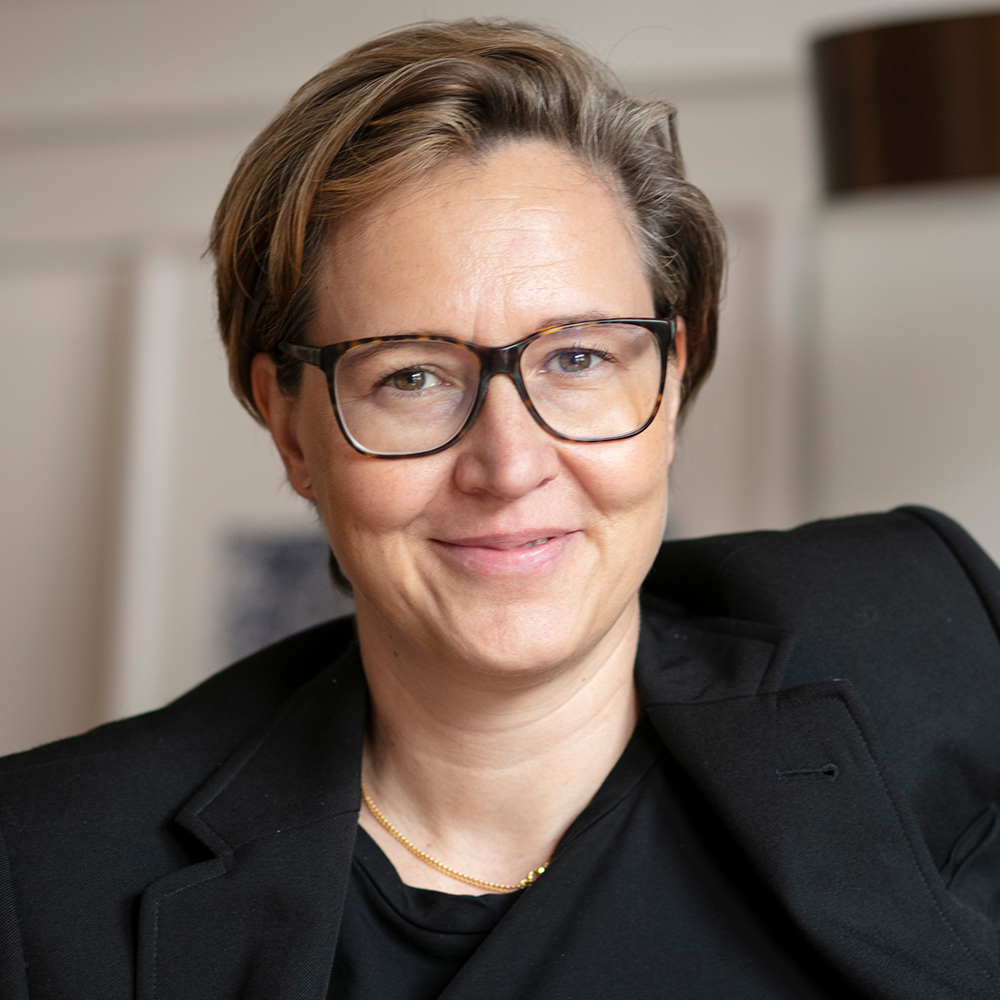
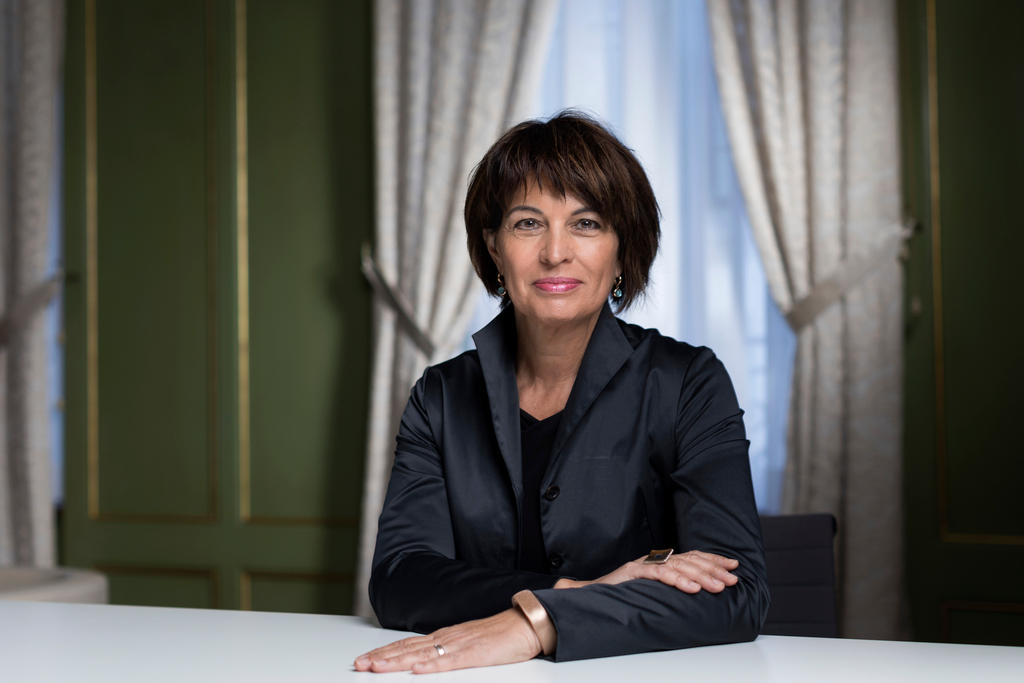












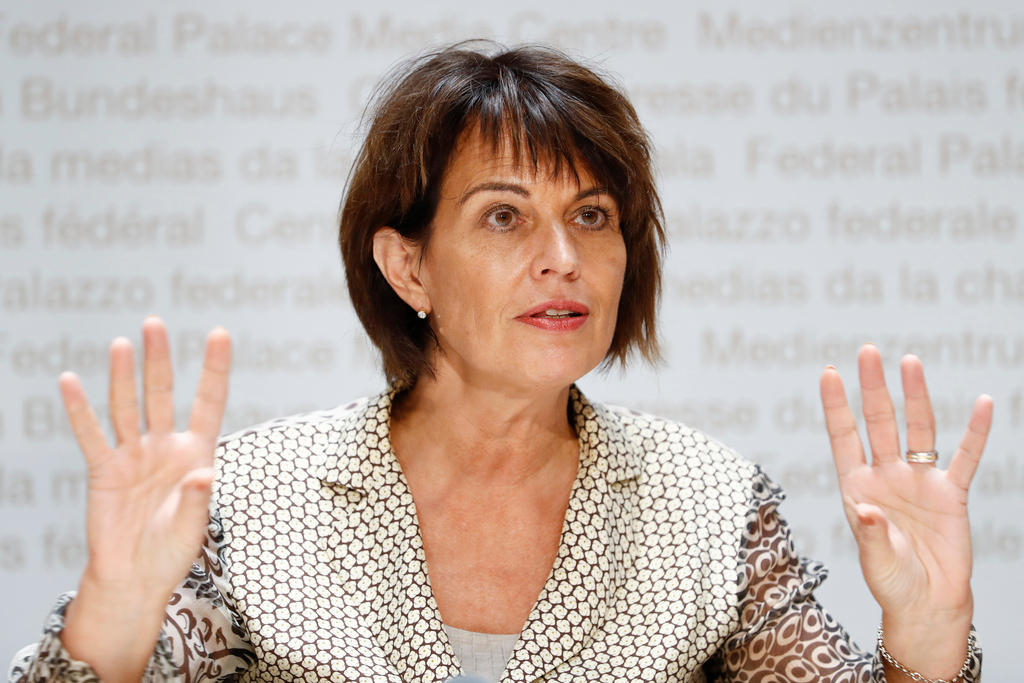
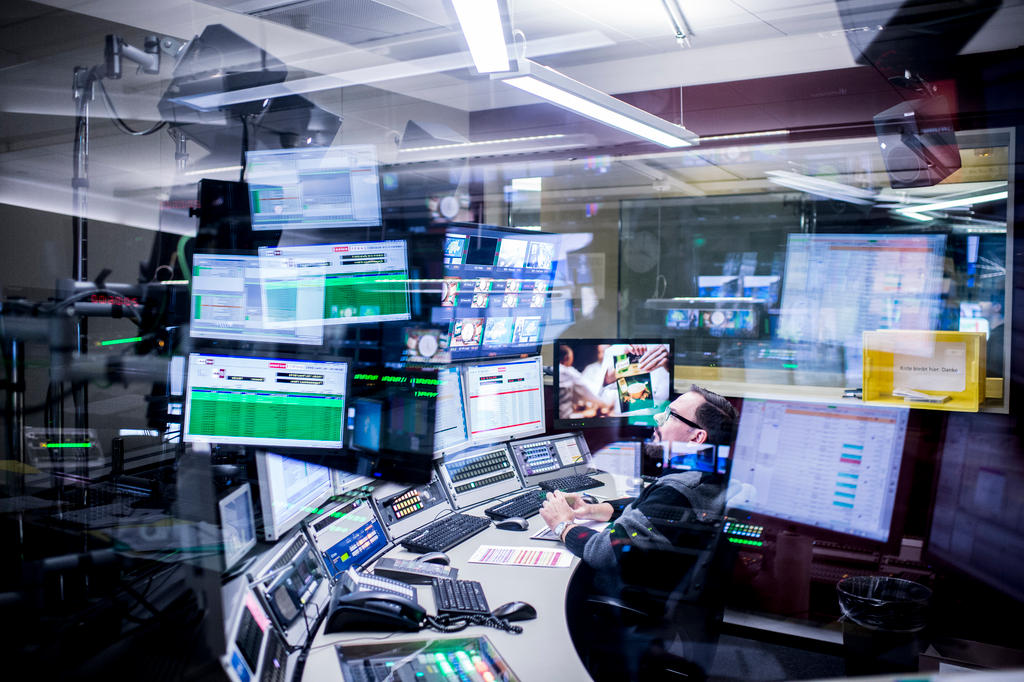
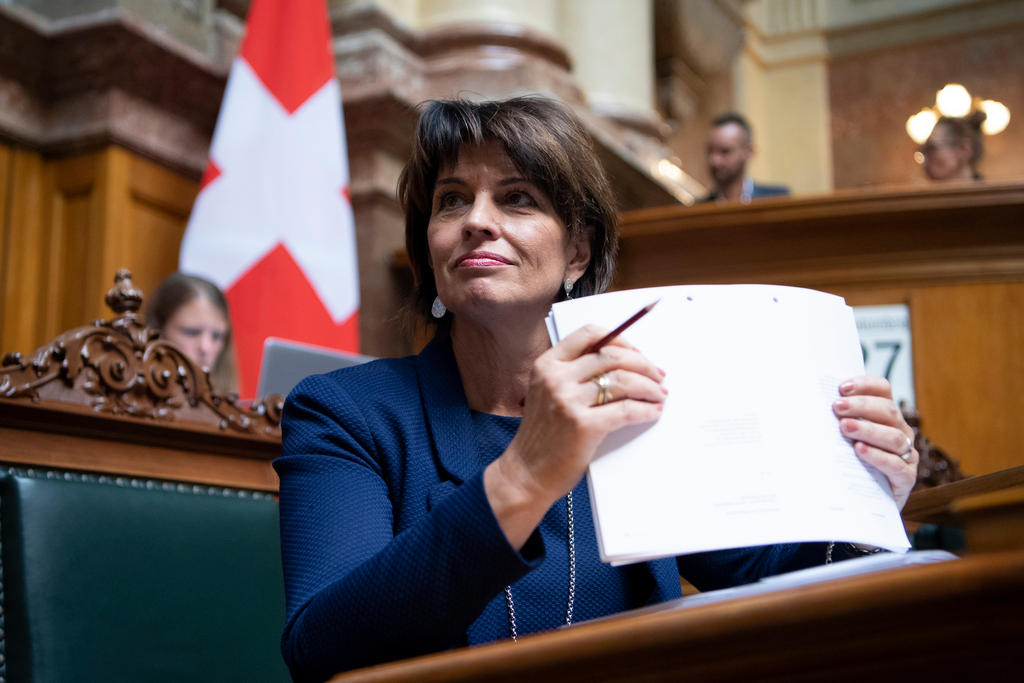

You can find an overview of ongoing debates with our journalists here . Please join us!
If you want to start a conversation about a topic raised in this article or want to report factual errors, email us at english@swissinfo.ch.